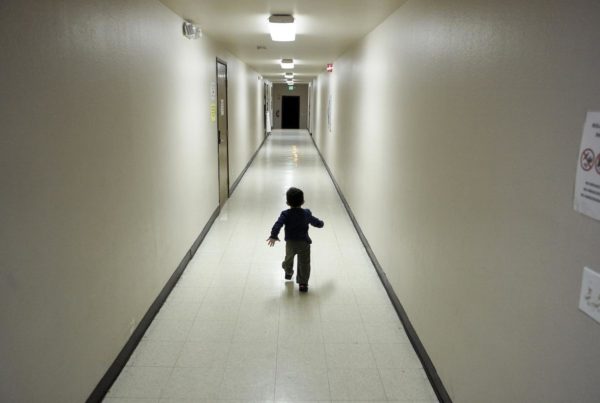From KUT:
There’s been a lot of confusion about the difference between marijuana and hemp since Texas legalized the production and sale of hemp in June.
The short? Marijuana is still very much illegal at the state and national level. But the new law created a distinction that’s left some prosecutors in a bit of a pickle.
What happened?
Before the law was passed, any substance that tested positive for THC, the chemical compound that gets people high, was considered marijuana. Hemp and marijuana are both classified as cannabis, but hemp has a THC content of no more than 0.3%. Texas, however, didn’t have the equipment or accreditation necessary to test for that distinction.
Frank Snyder, a law professor at Texas A&M University, says lawmakers could have delayed implementation of the bill so testing protocols were in place. Testing was just not something that came up a whole lot at the Capitol this session.
“What they’ve done is make it very difficult to enforce the law for many prosecutors. They’ve added to the complexity of doing it,” Snyder said. “It’s not impossible to prosecute now, but it is much more difficult than it used to be.”
The inability to properly test products led the Travis County district attorney and other Texas DAs to begin rejecting low-level possession of marijuana charges while the state scrambles to find a solution.
While these possession charges are being rejected, that doesn’t mean they’ve been dropped for good. There is a two-year statute of limitations for misdemeanor possession of marijuana. Snyder said it’s very likely the cases could be accepted once a proper lab analysis has been conducted.
“There are a number of people in law enforcement, especially in larger cities, that have been frustrated by the amount of resources spent on going after low-level offenders,” Snyder said. “There are others however for whom that is still a significant priority.”















